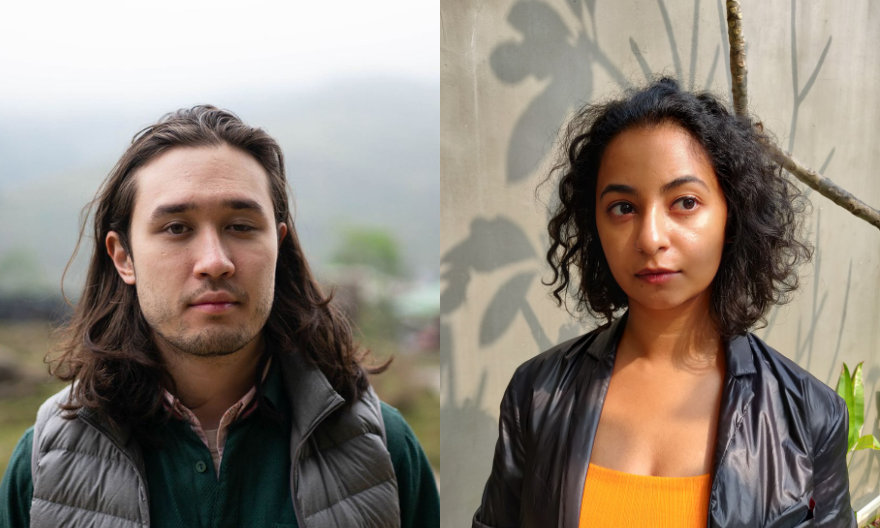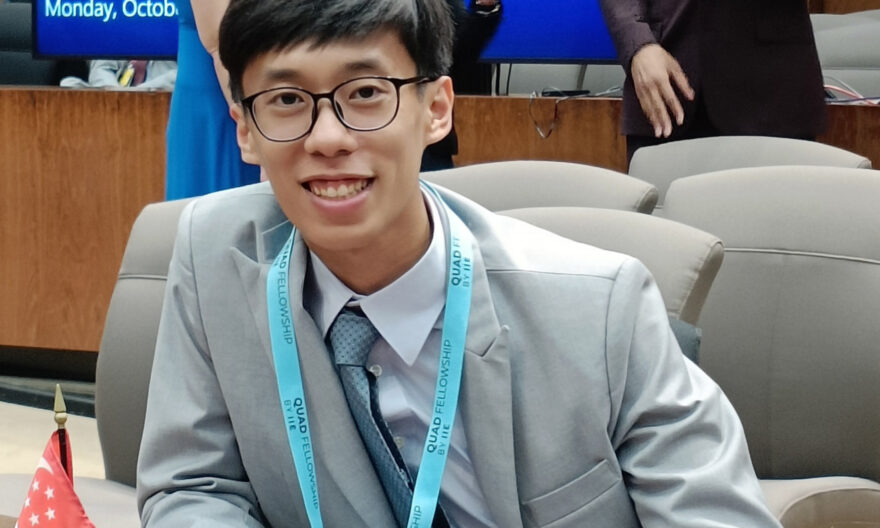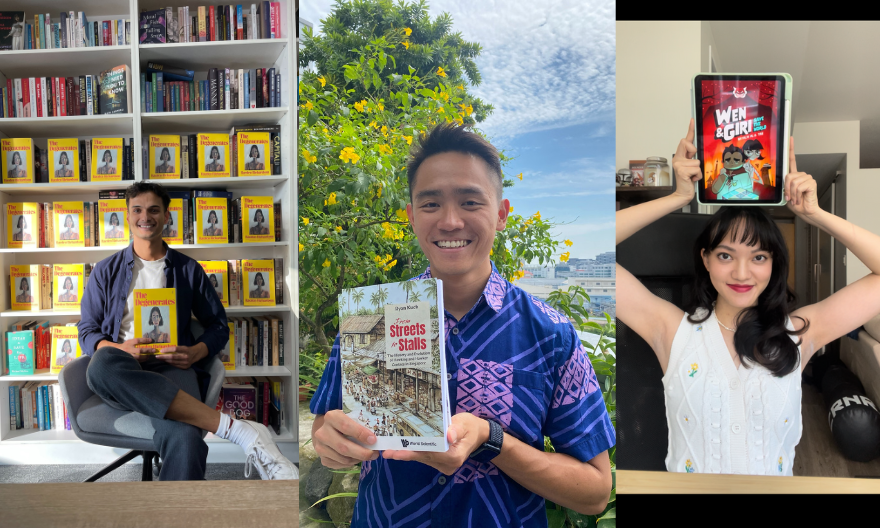Yale-NUS students and alumni employ technological innovations to meet COVID-19 challenges
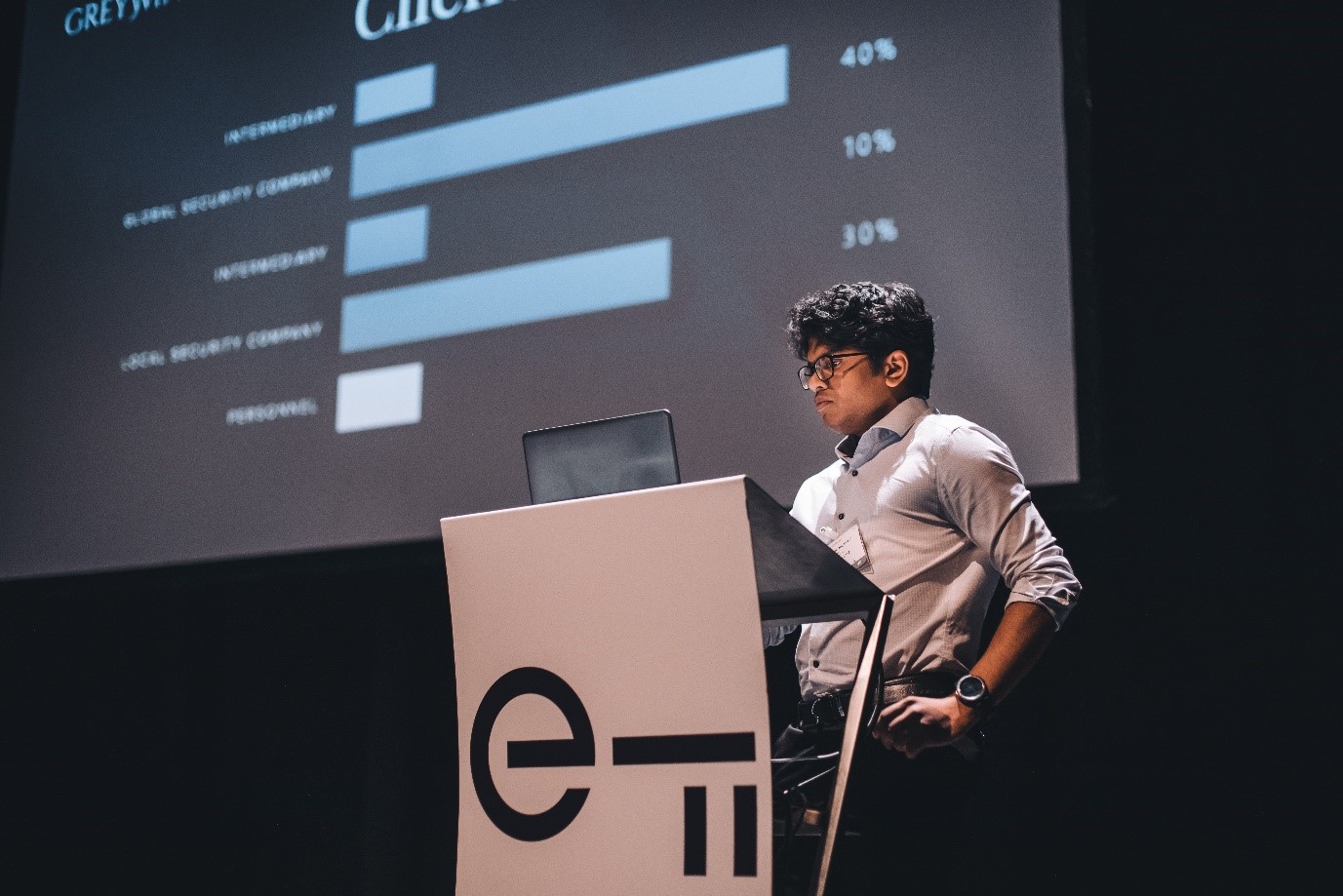 Mr Hrishi Olickel (Class of 2018) presenting at a conference. Image provided by Mr Olickel.
Mr Hrishi Olickel (Class of 2018) presenting at a conference. Image provided by Mr Olickel.
During the COVID-19 pandemic, many Yale-NUS students and alumni looked into various ways to assist communities around the world impacted by the outbreak.
Mr Hrishi Olickel (Class of 2018) serves as the Chief Technology Officer (CTO) of Greywing, a company focused on maritime risk intelligence and security procurement for vessels. As the maritime industry has been severely impacted by the COVID-19 situation, Mr Olickel was inspired to develop several free software solutions that would help tackle some of these challenges.
Mr Olickel explained that the heavy regulations imposed at ports around the world had resulted in many crew members being trapped on vessels with deteriorating conditions, affecting their physical and mental health. Hence, Greywing was driven to help maritime companies and ships manage their personnel and logistics better.
He elaborated, “We recently created a new feature, Flotilla, which helps to aggregate important data for better logistical planning so the need for manual labour is reduced to a minimum. Crew members would be able to disembark from their ships faster and not get stuck due to COVID-19 restrictions. In doing this work, our primary challenge was getting up to speed on industry developments very quickly and iterating on it to find a solution. This often involved bringing together the different human sides of the problem and fostering cooperation. I am happy that my efforts have gone towards helping over 4,000 seafarers already.”
Reflecting on how his time at Yale-NUS prepared him for his career, Mr Olickel said, “At Yale-NUS, I learnt to be undaunted and nimble enough to fearlessly approach completely new disciplines as well as explore different perspectives of the issues we encountered. This mindset helped me to think on my feet and build technical solutions where possible. Though I majored in Mathematical, Computational & Statistical Sciences (MCS), I greatly appreciate our diverse curriculum which encouraged me to apply my skills to problems on the ground beyond those in my core expertise. Working in Greywing uses every part of my education and knowledge week by week, and I see the positive impact of our work on often overlooked members of our world whose tireless work keeps our societies functional.”
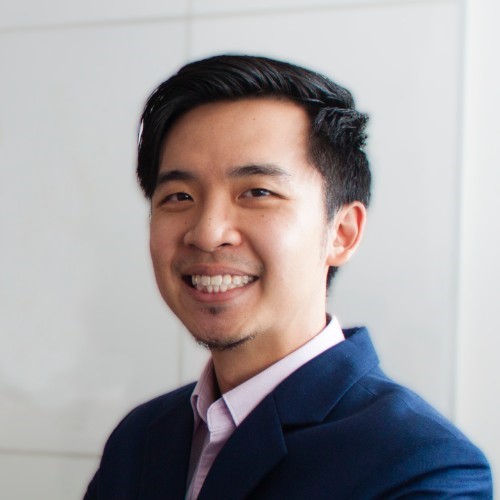 Image of Mr Jerald Lim (Class of 2019). Image provided by Mr Lim.
Image of Mr Jerald Lim (Class of 2019). Image provided by Mr Lim.
Mr Jerald Lim (Class of 2019) is now working on product management at SWAT Mobility which equips businesses and public services with demand responsive transport technology.
He said, “Transportation has been heavily disrupted by COVID-19 as organisations have had to accommodate various public health measures such as contact tracing, safe distancing, and split team schedules. I am proud to see SWAT’s technology deployed to facilitate these measures, such as in the safe transport initiatives for medical workers in Manila and Jakarta. In my work, I have helped to conduct research on the transportation landscape in Southeast Asia and with the development of payment capabilities for our products, expand its impact. Carrying out both of these projects gave me a good understanding of the transportation and payment challenges in the regions we were beginning to operate in, the needs of their populations, and the value we could provide with our services. I am happy to have contributed towards positive impact through my work.”
Mr Lim was excited to take on a product management role and handle challenges relating to various functions such as design and engineering. His College experience has been valuable in gearing him up for this work.
He shared, “Product management is a role with a broad scope, requiring holistic knowledge and the ability to think critically and communicate well. While many who take on the role come from backgrounds in design, business, or engineering, my liberal arts education at Yale-NUS has also equipped me with the aforementioned skills and enabled me to ramp up quickly. The Psychology major at Yale-NUS has given me valuable research and user experience related skills that inform a core part of my work, while my minor in Environmental Studies continues to guide which problems I choose to work on.”
Current Yale-NUS Students such as Ayrton San Joaquin (Class of 2022) are also determined to play their part to provide aid during the pandemic. Ayrton was inspired to create an Artificial Intelligence (AI) model to help detect symptoms of COVID-19.
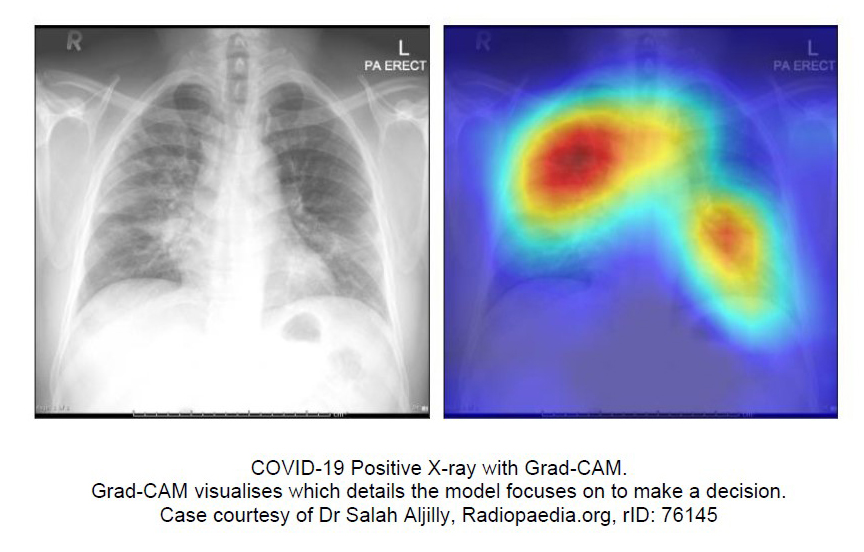 Ayrton San Joaquin (Class of 2022)’s model. Image provided by Ayrton.
Ayrton San Joaquin (Class of 2022)’s model. Image provided by Ayrton.
Ayrton, an MCS major, explained that the model was designed to aid in medical triage and prioritise testing given the limited supply of testing kits and the lengthy time of diagnosis. He said, “I have been fascinated with AI being applied in Radiology and in medicine to speed up critical processes. Many hospitals were already overwhelmed pre-lockdown, and many hospitals will continue to be staffed by fatigued clinicians, given the continuous number of suspected cases needing testing post-lockdown. I think AI has the capacity to significantly reduce their burdens and aid clinicians in this critical time.”
Ayrton shared that after he published his model on github, which hosts technical projects, he was contacted by Arterys, a medical imaging start-up. While the model has been published by Arterys, it is presently restricted for research purposes. With the help of Programme Manager (Career Services) at Yale-NUS Centre for International & Professional Experience, Ms Nurul Jihadah Hussain, Ayrton also approached AI Singapore, which supported him in creating the latest version of the model. Currently, the model is being used by DARC Labs, a non-profit organisation that is introducing AI technology into the healthcare system in Philippines. Ayrton hopes that other researchers can develop his model further, and he is currently developing an application to be locally run in an emergency department.
He added, “I hope to contribute to technological solutions that tackle COVID-19 medical challenges. I am thankful for the numerous doctors and engineers from across the world who have supported and encouraged my work. I am also thankful for my Yale-NUS education, which covers a broad set of subjects that helped me to think more critically and taught me that each one of us can contribute something to the world regardless of our backgrounds. The different structures and philosophies that I learned across my classes have equipped me with skills to question the unknown and urged me to try out different projects on my own in an attempt to answer the questions. The current model is a good first step and I hope to be able to continue developing it to better aid the healthcare community in its fight against the pandemic.”

